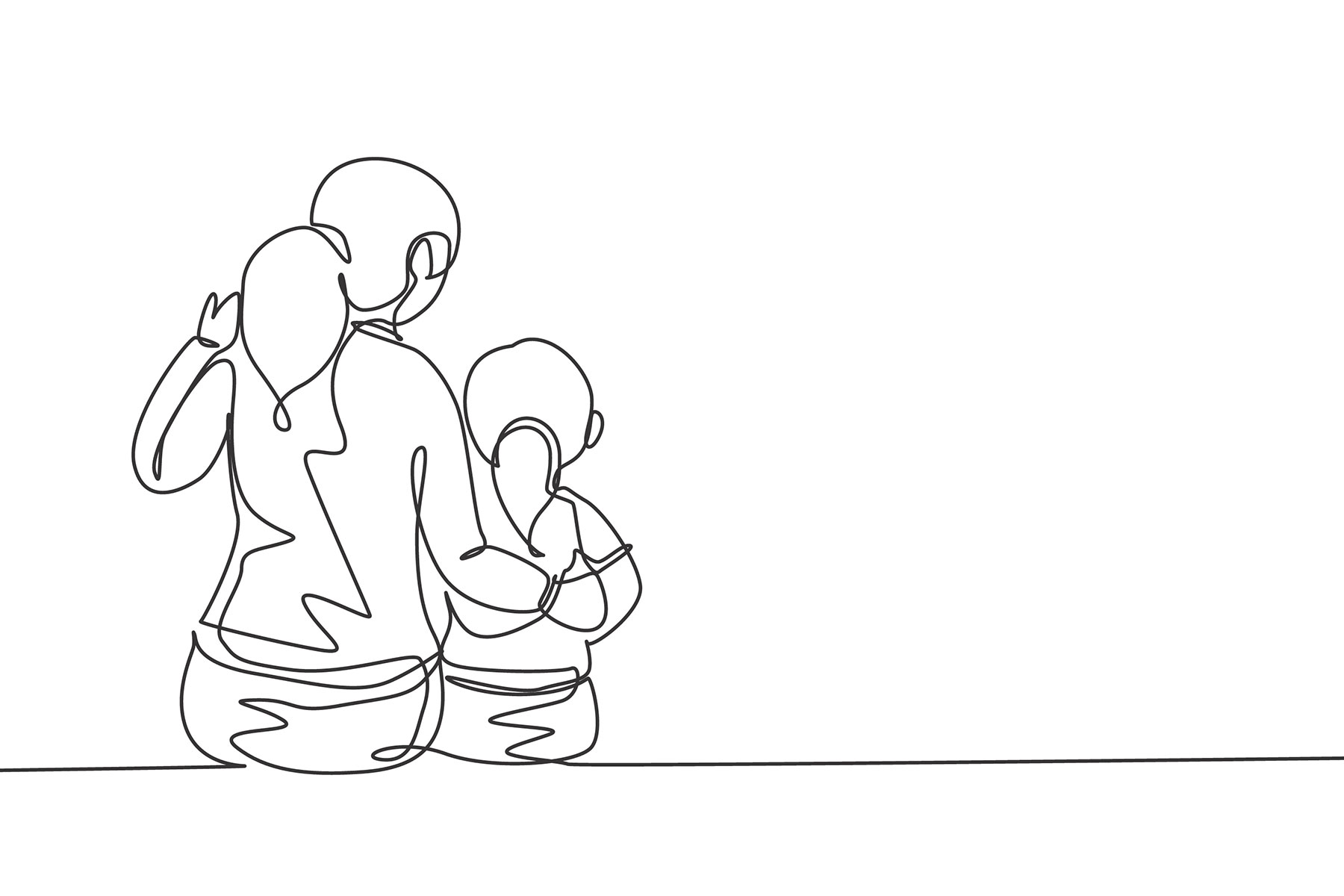Featured Image: Simple Line on Shutterstock
Childhood immunisations are an everyday occurrence for many Primary Health Care Nurses. Nurses are well prepared to deal with stressors such as pain, anxiety, and fear in children’s interventions such as vaccination.
However, intervention outcomes can improve by redirecting these interventions to parents or carers in order to minimise the child anxiety and their experience of pain.
1. Families as a unique and dynamic unit system
Viewing families as a unit as interrelated and connected from an emotional point of view can assist nurses actively practicing family directed interventions. Instead of focusing only on the child, shift your care to the whole family unit.
Studies suggest that different parenting styles, diverse cultural and social beliefs and underlying parental anxiety can affect children’s behaviour and coping mechanisms (Sahithya et al, 2019). Use your observation and communication skills to identify underlying issues such as parental anxiety and/or past negative immunisation experiences and address as early as possible.
2. Communicate effectively with both parents and child
Effectively communicating with parents means actively listening and addressing concerns when raised. Parents often react better when they are informed and feel involved in the process.
Provide clear information about what is about to happen, common side effects and what to expect during and after the vaccination and follow up with informed consent before proceeding with the immunisation. Use age-appropriate language to talk to the child and be mindful of different development stages and fears commonly associated with the age.
3. Approach vaccination hesitancy compassionately
Vaccine hesitancy is one of the major causes of childhood vaccination noncompliance. Unfortunately, despite the historically proved efficacy of vaccinations, many people can still be hesitant to get the vaccination. Conspiracy theories, myths and a lack of education seems to be the root in some cases. (Shen & Dubey, 2019)
Also, misinformation spread on social media can contribute to an increased number of parents becoming hesitant to vaccinate their children. Some parents that present to the clinic with some degree of hesitancy regarding vaccination are actively looking for evidence-based clear information on risks and benefits of vaccination.
First encounters can be decisive to create a relationship of trust. Use your communication skills, adopt a non-judgemental attitude, and provide parents with quality information to assist them on making their decision. Use evidence-based resources such as the Australian Immunisation Handbook and National Centre for Immunisation Research and Surveillance (NCIRS) websites to give parents a trusted source of information (Tomljenovic et al, 2020).
4. Recognise vaccination-associated pain as a parental stress factor
The fear of vaccine-associated pain can result in parents delaying immunisations. Explaining to parents that the child is likely to experience some brief pain that is usually easily resolved with reassurance post vaccine administration tends to assist easing parents’ anxiety.
Age-appropriate distraction techniques such as videos, rewards, vibration devices such as “Buzzy the bee” can also bring some benefits and improve immunisation experiences. (Lee et al, 2018)
In conclusion, nurses play a vital role when promoting and advocating for childhood immunisations. Recognising parental anxiety during vaccination encounters will allow you to address the same, facilitating a trusting relationship and improving health outcomes for both families and children.
Telma Pinto MACN
Telma Pinto RN, CNL, ANI, MACN is an experienced Registered Nurse currently working as Clinical Nurse Leader. She has been leading and managing a team of skilled Registered and Enrolled nurses for the Reliance Medical Group since 2020, has over five years experience in Primary Care and is an Authorised Nurse Immuniser. Telma completed her nursing degree in Portugal and has lived on the NSW Central Coast since 2016 with her family. She is passionate about health prevention and leadership and is a strong advocate for the role of nurses in Primary Care.

Resources
Lee, V., Caillaud, C., Fong, J. & Edwards, K. (2018) Improving vaccine-related pain, distress or fear in healthy children and adolescents–a systematic search of patient-focused intervention Human Vaccines & Immunotherapeutics, 14:11, 2737-2747
National centre for immunisation research and surveillance, n.d. Sahithya, B. R., Manohari, S. M., & Vijaya, R. (2019).
Parenting styles and its impact on children–a cross cultural review with a focus on India. Mental Health, Religion and Culture, 22(4), 357–383.
Shen, S. C., & Dubey, V. (2019). Addressing vaccine hesitancy: Clinical guidance for primary care physicians working with parents. Canadian family physician Medecin de famille canadien, 65(3), 175–181.
The Royal Children’s Hospital, n.d. How to use BUZZY®… in healthcare settings.
Tomljenovic, H., Bubic, A., & Erceg, N. (2020). It just doesn’t feel right–the relevance of emotions and intuition for parental vaccine conspiracy beliefs and vaccination uptake. Psychology and Health, 35(5), 538–554.





